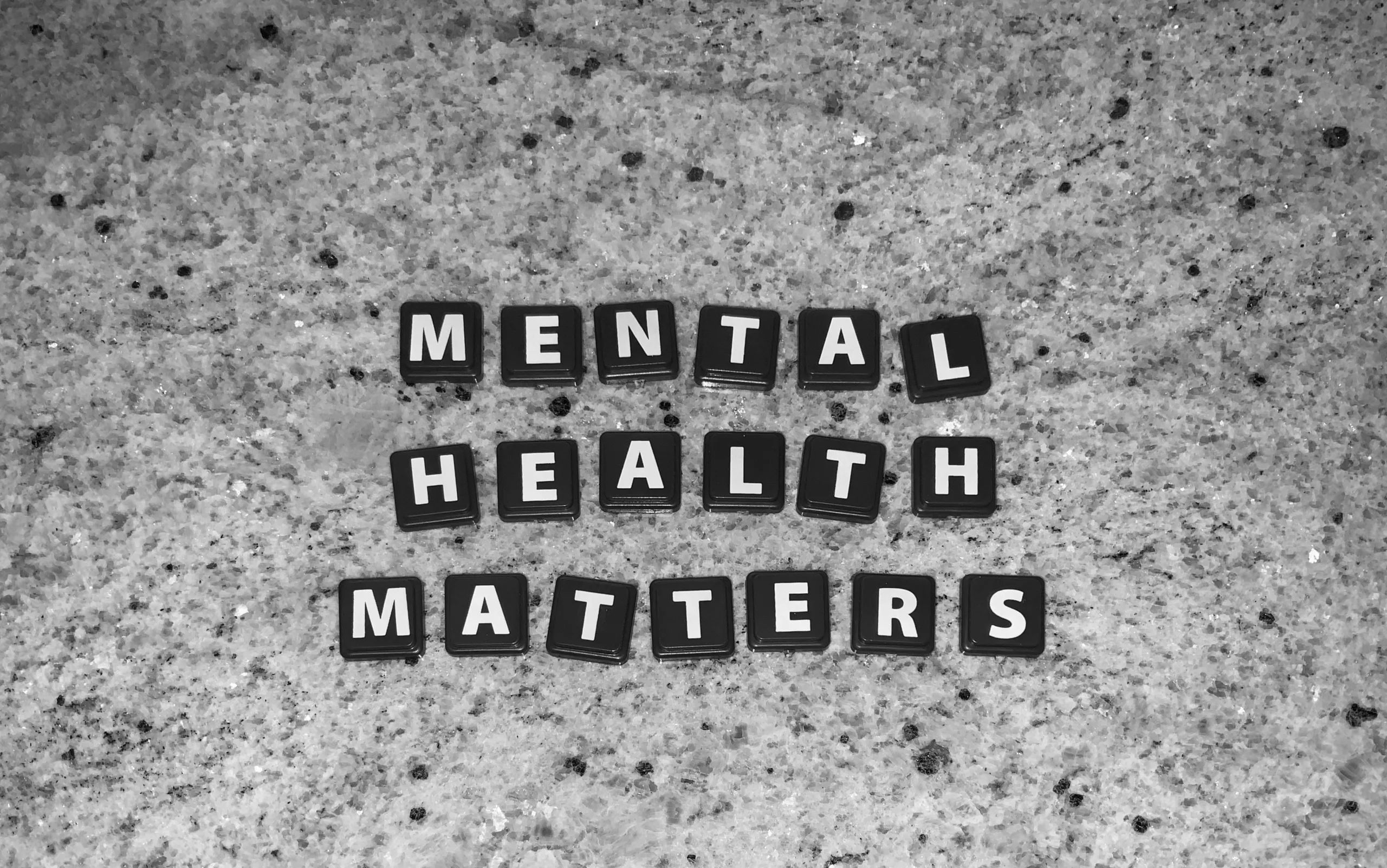Fez – The World Health Organization (WHO) announced on Tuesday that more than one billion people worldwide are currently living with mental health disorders, urging countries to expand care and funding.
According to two new WHO reports, “World mental health today” and “Mental Health Atlas 2024”, conditions such as anxiety and depression have become the second leading cause of long-term disability, inflicting substantial economic and social tolls globally.
The reports reveal stark disparities in accessible care: fewer than 10% of people in low-income countries receive treatment, compared to more than 50% in high-income nations. WHO officials attributed this gap to persistent underfunding and inadequate infrastructure.
“Transforming mental health services is one of the most pressing public health challenges,” said WHO Director-General Dr Tedros Adhanom Ghebreyesus. “Investing in mental health means investing in people, communities, and economies — an investment no country can afford to neglect.”
WHO is calling on governments worldwide to increase spending, strengthen policy frameworks, and broaden access to mental health services — especially for underserved populations.
In Morocco and across North Africa, the mental health sector continues to grapple with shortages of trained professionals, limited facilities, and cultural stigmas that discourage help-seeking. Although recent reforms bolster psychiatric services and expand training, significant gaps persist compared with global standards.
WHO’s urgent appeal comes amid growing recognition of mental health’s profound socio-economic impact, particularly in light of disruptions caused by the pandemic and rising pressures on young and vulnerable populations.
Read also: The Profitable Isolation: How Companies Capitalize on Growing Antisocial Behaviors
















